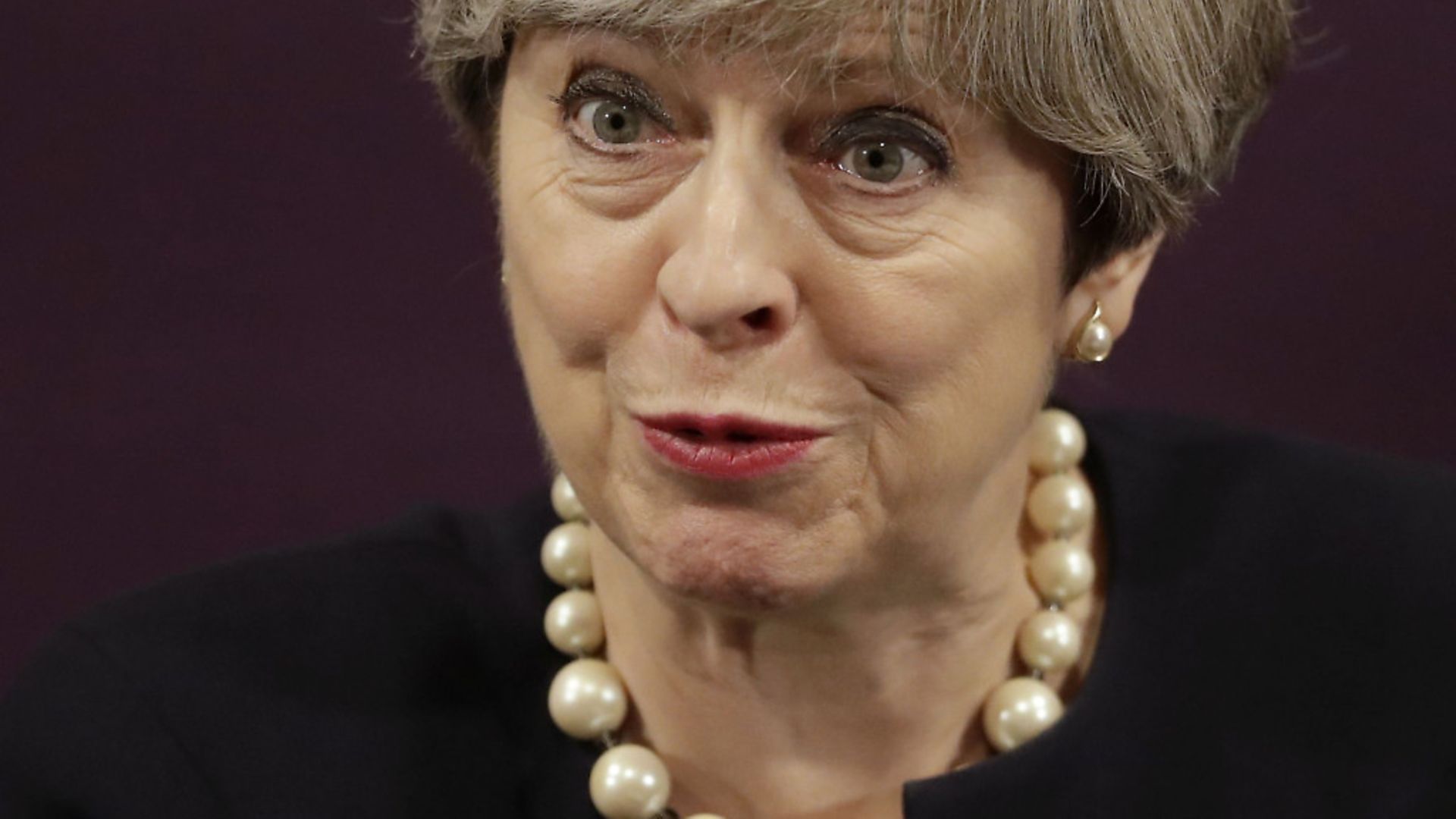
The government’s offer to EU citizens living here swaps freedom of movement for a different set of rights, protected under UK law. Far from being generous the offer is way off the mark
For some years in my work I have argued that freedom of movement does not necessarily lead to settlement. There are many reasons why this is the case and it is not simply a function of migrants’ wishes.
In more than 160 interviews across six countries I have noted how red tape, societal discrimination and rigid occupational structures may mitigate against settlement in another EU member state. Contrary to popular belief, it is not easy to migrate, integrate into the labour market and become settled elsewhere in Europe.
Although official statistics increasingly present the UK as a country of settlement by EU nationals, they do so over a relatively short timeframe and exclude the back and forth or secondary movements that are the other side of the EU mobility paradigm. We also need to consider the data on those leaving the UK. The full picture is much more fluid and many EU nationals currently present in the UK have lived and worked in other member states before coming to this country. That is one of the privileges of the single market, but it is one of the freedoms that the May government looks set to cull or at least limit to the provision of services.
According to the position paper, the UK government will seek to protect the right of establishment, which includes the right to be self-employed and to set up and manage a business, and will also seek to ensure that UK nationals in the EU can continue to provide cross-border services within the EU27. However, there is nothing behind these assurances. The same applies to the promise to respect the recognition of professional qualifications. We need to know how these promises will be pinned down.
At present, the provision of services is a central tenet of the EU Treaty framework; the recognition of qualifications, also important, is covered by a number of directives which are premised on the operation of ‘mutual trust’ between the EU members. Once the UK leaves the EU, the UK government will need to introduce specific legislation to make good on such promises.
The only immediate winner here is the Home Office, which will need to expand considerably to administer the new registration system and draft additional rules and guidelines to advise how the UK will shadow the EU system of mutual recognition that currently covers hundreds of professional qualifications.
The concluding paragraph of the position paper includes a provision under the banner of legal status and enforceability. It states, ‘the arrangements set out above will be enshrined in UK law and enforceable through the UK judicial system, up to and including the Supreme Court. We are also ready to make commitments in the Withdrawal Agreement which will have the status of international law. The Court of Justice of the European Union (CJEU) will not have jurisdiction in the UK.’ It is difficult to read the above declaration of intent as an expression of good faith.
First, the most enforceable body of international law is in fact European Union law, followed by European human rights law which Theresa May has previously threatened to annul by withdrawing the UK from the European Convention on Human Rights. Second, the government’s promise of securing the rights of EU nationals under UK immigration law also needs to be treated with caution.
Why would you trust May? After all, in spite of the provisions of EU freedom of movement, during her spell as Home Secretary, the number of EU nationals held in immigration detention increased five-fold. We since learned of systemic ‘errors’ where the UK government repeatedly and unlawfully rejected many applications of EU nationals for residency. Then, the government abruptly capped the Dubs scheme and shamefully only took in a few hundred unaccompanied children.
The suggestion the UK is willing to include statements that will have the status of international law is meaningless. Short of prohibiting collective and mass deportations of undocumented EU nationals after Brexit international law would offer no practical protections for EU nationals. The only arbiter acceptable to this government is the UK court system – a costly option for most aggrieved individuals.
The government expects reciprocity from EU member states, including with respect to the portability of pensions and access to health care for EU nationals, but its opening statement is nothing less than arrogant. The only thing that matters to this government moving forward is immigration – the economy and the rights of its citizens are all fair game. One thing this is clear is that the UK government seeks at the very least to remove one of the legs upon which the EU was founded, namely freedom of movement. This is a profoundly stupid decision.
Brad K Blitz is a professor of international politics at Middlesex University and senior fellow at the Global Migration Centre at the Graduate Institute in Geneva









